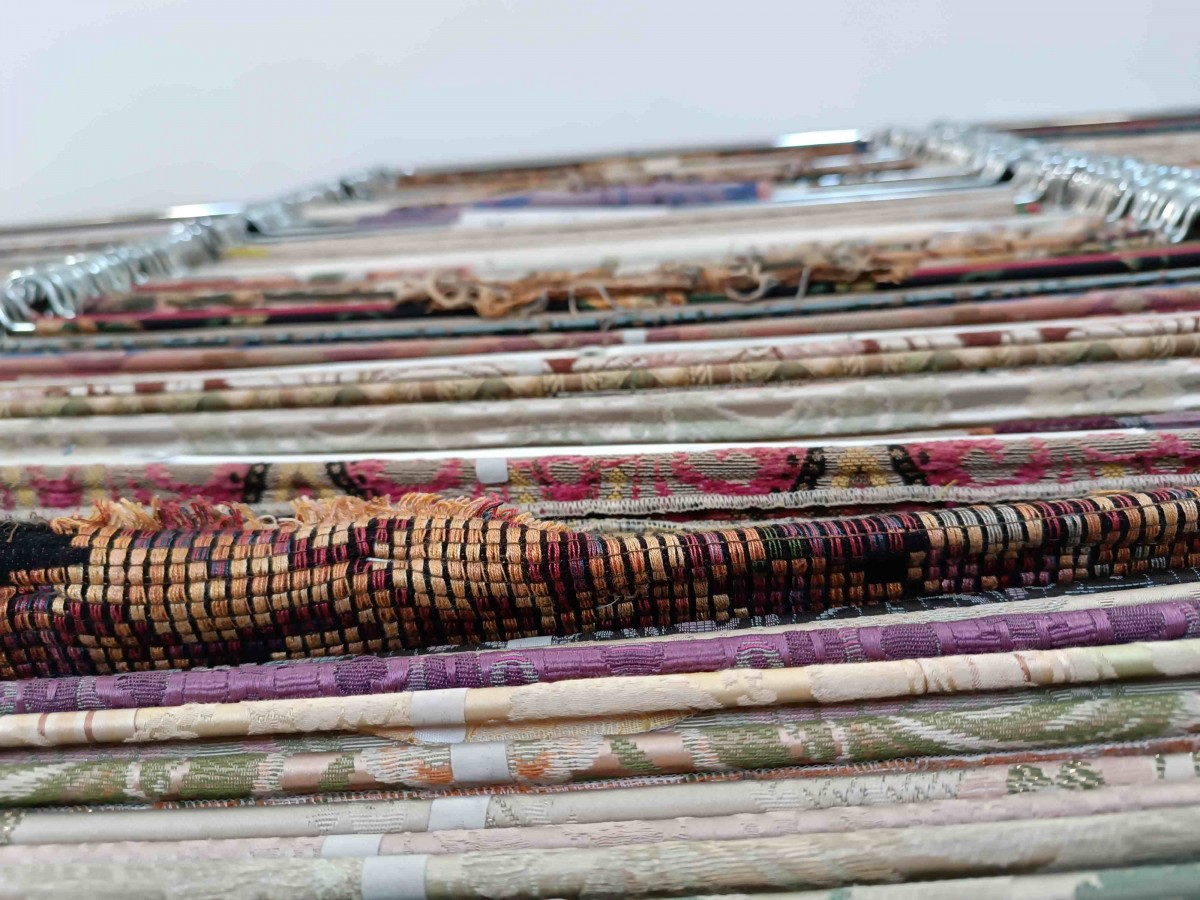An innovative idea aims to change the face of textiles, clothing design and fashion. As a result of the collaboration between Vienna Textile Lab and La Manufacture des Algues, the Océanique project, winner of the 3rd call of the Worth Partnership Project, proposes the production of a seaweed prototype dyed with bio-based microbial colours.
The project aims to develop creations entirely derived from marine organisms. In this way, the creators of this idea hope to stimulate reflection on how to achieve local production using algae and bacteria from the same coastal environment, and to give new impetus by highlighting the possibility of creating products born from their endemic ecosystems.
This initiative focuses on the production of a prototype seaweed dyed with bio-based microbial colours, demonstrating the potential of marine bioresources for sustainable agriculture and blue biotechnology. Using marine micro-organisms such as algae, bacteria and fungi, the Océanique project offers a unique blend of biodiversity, disrupting traditional practices and harnessing Europe's marine resources. The exploration of diverse materials ensures a broad spectrum of colour, demonstrating a commitment to radical, nature-inspired approaches.
Through an innovative patenting process, the project seeks to pave the way for gradual commercialisation through integrated design, dyeing and material services to industrial clients, fashion companies, textile mills and designers. The aim is to provide tailor-made marine bio-based fabrics with excellent skin properties, in line with the principles of circularity and European sustainability goals.
According to the project's creators, with 70% of the Earth's surface covered by oceans, tapping into resources such as kelp forests can disrupt traditional practices. By exploiting marine algae and extremophiles, Océanique aims to create new value chains and renewable resources, enabling Europe to capitalise on its unique biodiversity and compensate for the lack of certain traditional commodities.
--
Photo credit: Ilias Maroutsis








